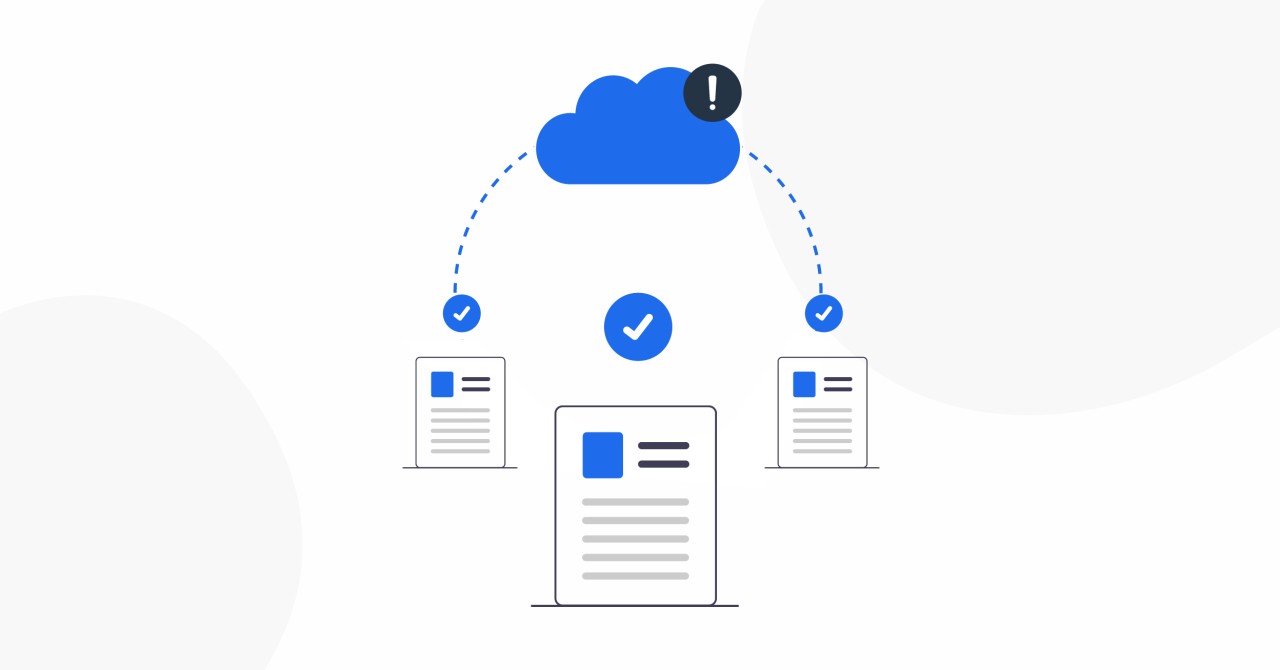The Importance of Backup Power
In today’s fast-paced business environment, uninterrupted power supply is critical for maintaining operations. Power outages can disrupt business processes, lead to financial losses, and affect customer satisfaction. Backup power solutions are essential for ensuring that businesses can continue to operate smoothly during such disruptions.
Types of Backup Power Solutions
Various backup power solutions are available to meet different needs. These include uninterruptible power supplies (UPS), battery storage systems, and generator installation. Each solution offers distinct advantages depending on the scale of operations and the specific requirements of the business.
Benefits of Generator Installation
Generators are a popular choice for backup power due to their ability to provide reliable power during outages. Installing a generator ensures that critical systems remain operational when the main power source fails. This can be particularly important for businesses that rely heavily on technology and data integrity. Generators can support a range of operations from small office setups to large industrial facilities.
Assessing Power Needs
Determining the appropriate backup power solution involves assessing your business’s power needs. Factors such as the size of your operation, the types of equipment used, and the potential impact of an outage should be considered. A thorough evaluation helps in selecting a backup system that offers adequate coverage without overspending on unnecessary capacity.
Installation and Maintenance Considerations
Proper installation and regular maintenance are crucial for the effective performance of backup power systems. Ensuring that generators are installed correctly and maintained according to manufacturer guidelines can prevent potential failures during emergencies. Regular testing and servicing help in identifying issues before they become critical problems.
Integrating Backup Power with Business Continuity Plans
Backup power solutions should be integrated into broader business continuity plans. This includes developing strategies for managing power outages and ensuring that all employees are aware of procedures for utilizing backup systems. Incorporating backup power into these plans enhances overall preparedness and resilience.
Cost and Investment
Investing in backup power solutions involves evaluating the cost versus the benefits provided. While initial setup costs can be significant, the long-term value of preventing downtime and maintaining operations often outweighs the investment. It’s important to consider both the immediate and future financial impacts when making decisions about backup power systems.

